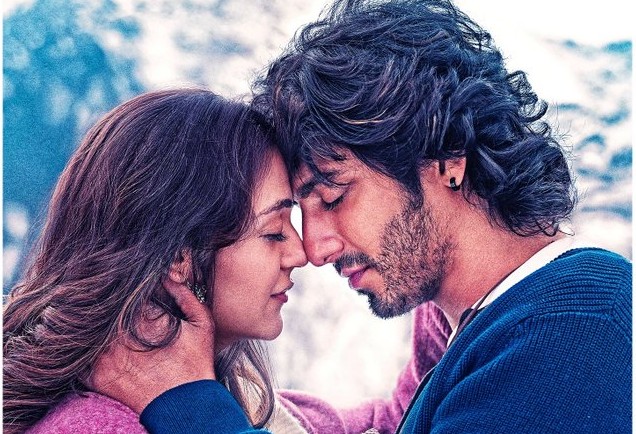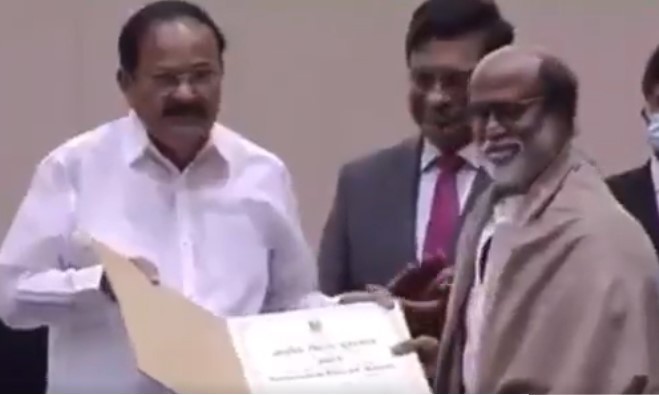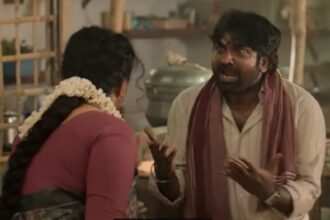July 20, 2025: There’s something disarming about walking into a film with low expectations and walking out a little quieter than usual, not because you’ve been blown away, but because the film made you feel something real, however familiar. Saiyaara, Mohit Suri’s return to the terrain of aching love and musical melancholy, doesn’t break new ground, but it does leave a mark, faint, maybe, but sincere.
The film opens with Krish Kapur (Ahaan Panday), a rising musician whose anger tends to eclipse his ambition. He’s talented, but cocky. Enter Vaani (Aneet Padda), a thoughtful journalist who’s learned to hide her pain under well-constructed sentences. Their worlds collide when Krish finds her diary and turns her words into lyrics. It’s a meet-cute with emotional stakes, not just romantic chemistry.
From there, the story travels a familiar arc, a spark, an unexpected bond, success, separation, and that age-old question: Can love endure memory loss, trauma, and time?
Old Wounds, New Faces: Saiyaara Keeps Mohit Suri’s Flame Alive

Mohit Suri seems aware that Saiyaara walks on well-trodden ground. But instead of trying to outsmart the genre, he leans into its mood and texture. The film carries echoes of Aashiqui 2 and Ek Villain, but strips back some of the gloss. What you get is a more grounded, if occasionally overwrought, romance with young hearts at its centre.
The narrative is shaped gently by Irshad Kamil’s lyrics, particularly the line “Saiyaara mera badla nahin hai, mausam thoda badla hua hai” which sits like a pulse beneath the drama. The soundtrack, handled by a medley of composers, doesn’t hit all the right notes immediately but sneaks up on you.
There are no villains here in the traditional sense. The tension lies in emotion, ego, and, subtly, mental health. In fact, Saiyaara quietly confronts the discomfort of not feeling “okay” even when life is outwardly falling into place. That’s rare in love stories built for multiplexes.
Ahaan does reasonably well as the restless artist, though he occasionally overshoots intensity. Aneet , on the other hand, is a pleasant surprise. There’s something honest in the way she plays Vaani, unsure, steady, and a little bruised by life.
What works is the way the film trusts the audience to sit with silence. There are scenes that breathe, no urgent cutaways, no swelling background score, just two people unsure of what to say next. That restraint feels refreshing in a genre that usually drowns in melodrama.
Still, the film isn’t without issues. You can often guess the next turn. Some emotional beats feel recycled from Suri’s older films. And while the story touches on mental health, it does so gently enough that it almost misses an opportunity to say more.
But the movie isn’t trying to reinvent anything. It’s more like a song you’ve heard before, one that’s maybe been remixed a dozen times, but when it plays in the right moment, it still makes you pause.






